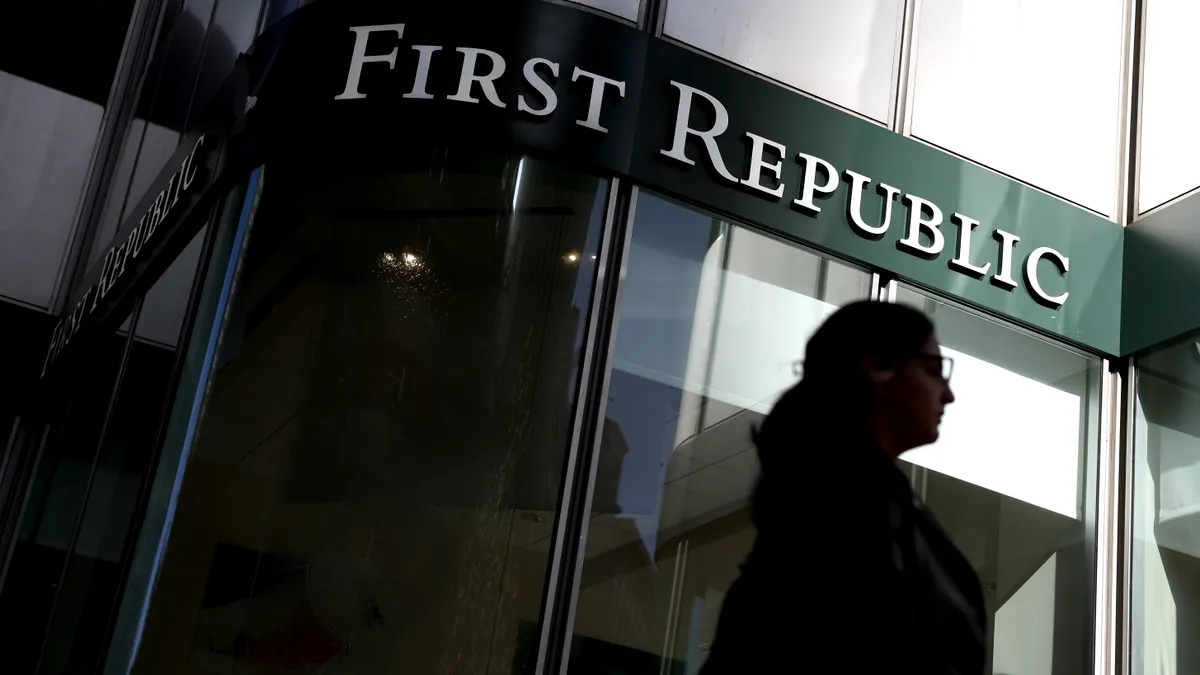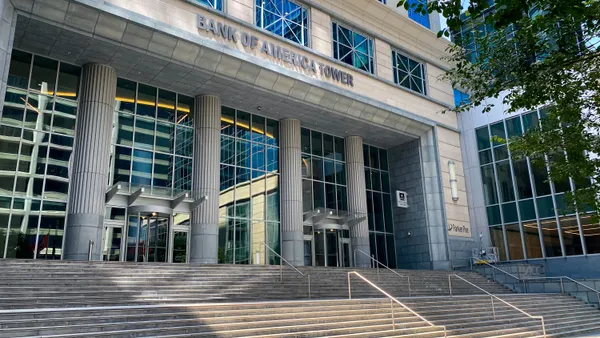A federal judge has permanently dismissed a class action lawsuit brought against former First Republic executives and the failed bank’s auditor, citing a lack of subject matter jurisdiction.
The lawsuit originally filed in June 2023 claimed First Republic’s executives repeatedly touted the bank’s deposit base as “safe,” “stable,” and “well-diversified” and concealed the risk of deposit outflows with misleading statements about financial conditions and assets. The bank failed in May 2023 and the FDIC was appointed receiver.
The lawsuit, alleging violations of federal securities laws, was filed by Alexandra Kusen on June 14, 2023, after First Republic failed.
The class action lawsuit was brought against senior executives at the San Francisco-based bank, including its founder James Herbert II, ex-CEO Michael J. Roffler, and former executives Neal Holland, Michael D. Selfridge, Olga Tsokova, and the bank’s outside auditor KPMG. The defendants, along with the Federal Deposit Insurance Corp. as receiver of the failed bank, argued for dismissal of the case.
The FDIC contended that the court lacked subject matter jurisdiction and that the plaintiffs failed to exhaust their claims with the FDIC as receiver administratively. The agency also asserted that plaintiffs' securities law claims belonged to the stockholders of First Republic, and now these rights belong to FDIC-R as the real party in interest.
Judge Araceli Martinez-Olguin dismissed the case with prejudice on June 9, noting the plaintiffs failed to administratively exhaust their claims with the Federal Deposit Insurance Corp. as receiver of the failed bank.
Although neither the bank nor the FDIC was named as a defendant, the original lawsuit filed by Kusen was based on acts and omissions by First Republic. Under the Financial Institutions Reform, Recovery, and Enforcement Act, plaintiffs were required to exhaust administrative remedies with the FDIC before seeking judicial review, according to the judge.
The court appointed Alecta Tjänstepension Ömsesidigt, a Swedish pension fund that purchased First Republic’s stock from October 2021 to April 2023, as the lead plaintiff in November 2023. Neil Fairman, an investor who bought the lender’s stock during the same period, was named an additional plaintiff.
Following Silicon Valley Bank's collapse on March 10, 2023, First Republic experienced roughly $25 billion in withdrawals - approximately 16.8% of total deposits - in a single day. The defendants failed to report these massive outflows; instead, they issued reassuring press releases about the bank's “strong and very-well diversified” deposit base, the judge said.
On May 1, 2023, after several public disclosures and drops in stock prices, the California Department of Financial Protection and Innovation closed the lender and appointed the FDIC as receiver. On the same day, JPMorgan Chase agreed to assume most of First Republic’s assets, along with its deposits and certain liabilities.
Although the judge dismissed the lawsuit over lack of jurisdiction, she highlighted some of the executives' and auditor's missteps that led to the bank’s failure.
First Republic “manipulated” its deposit outflows by falsely changing tens of billions of dollars in deposits from short-term to long-term, the judge noted.
KPMG was aware of the lender’s liquidity and interest-rate risks by reviewing its regulatory documents, but failed to point those out in its audit report submitted to support First Republic’s regulatory filings, the judge said.
The defendants misclassified assets in contravention of Generally Accepted Accounting Principles, “falsely assuring investors about the strength of the bank’s liquidity and risk management practices,” the judge said.











